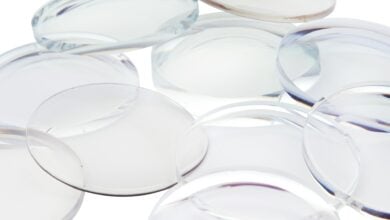A backyard pond is a wonderful addition to any garden or landscape. It creates a calming and beautiful atmosphere and brings life to your outdoor space. But like all other animals, plants, and water features, it requires regular maintenance and care in order to remain healthy and attractive. Here are five tips for how to take care of your backyard pond:
1. Clean the Pond Regularly:
A buildup of leaves, dirt, and other debris can make your pond look unattractive and create an unhealthy environment for fish and aquatic plants. To keep it clean, use a specially designed skimmer net to remove large debris from the surface of the water. For smaller particles like silt or algae, siphon them out with a pond vacuum. Keeping the environment clean is essential for the health of all living creatures. You don’t want to over clean the pond of healthy algae and other organisms, but you should be sure to remove any visible dirt or debris.
2. Monitor Water Quality:
The quality of the water in your backyard pond is an important factor for keeping it healthy. Test it regularly to make sure that levels of nitrates, phosphates, and other substances are within acceptable ranges for fish and aquatic plants. If you notice any problems, adjust the pond’s filtration system and treatment with beneficial bacteria to help balance the water.
3. Check Plant Health:
Aquatic plants are essential for keeping your pond balanced, as they provide oxygen to fish, reduce algae growth, and add beauty to the landscape. Make sure to inspect them regularly for signs of disease or pests, and use plant fertilizer to keep them healthy. Depending on the environment of your pond, you may also need to trim or remove overgrown plants. Certain plants will thrive in the warmer summer months, while others will require more maintenance in the winter.
4. Provide Shelter for Fish:
Your backyard pond can be home to a wide variety of fish, but they need the right conditions in order to thrive. Make sure that the water temperature is suitable, provide plenty of hiding spots with rocks and plants, and feed them a healthy diet. Avoid getting fish that will grow too large for your pond, as this will lead to overcrowding and other issues.
5. Monitor Predator Activity:
Predators such as birds, cats, and raccoons can all cause problems for your pond’s inhabitants, so it’s important to keep an eye out for them. Install a sturdy fence around your pond to keep larger animals away, and use waterfowl deterrents to discourage birds.
By following these tips, you can ensure that your backyard pond is a healthy and attractive addition to your garden or landscape. With regular maintenance and care, it will remain beautiful for years to come.




